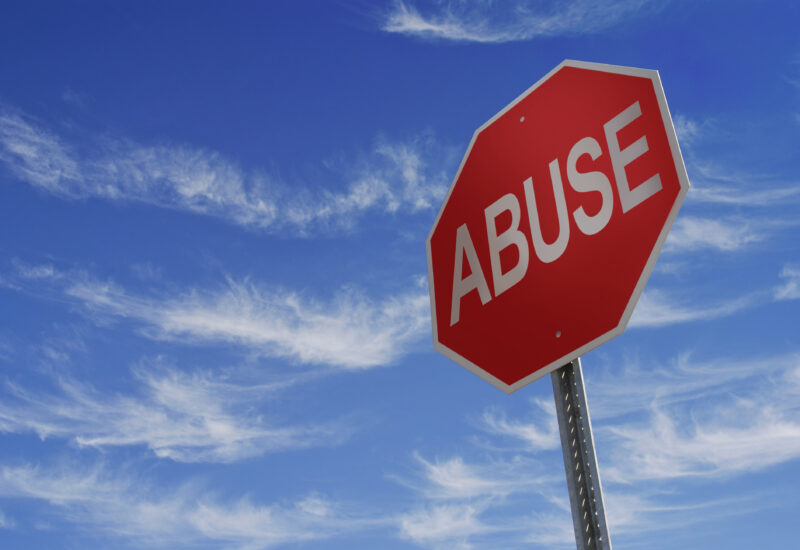In any criminal case, a criminal defendant has the absolute right to confront witnesses against them. In light of this guaranteed right, testimonial statements of a witness who did not appear at trial are only permitted if the witness was unavailable and the defendant had previously had the opportunity to cross-examine them. Recently, the Washington Supreme Court reconsidered whether the testimony of a supervisor instead of the lab technician who actually performed testing implicated the protections of the ‘confrontation clause’.
In the case at issue, a Washington State Patrol Toxicology Laboratory supervisor testified that she had not personally tested the samples obtained, but she had reviewed and signed the lab report being proffered as evidence. She testified about her training, experience, and knowledge about the Washington State Patrol standard operating procedures. She testified she did not examine and test samples anymore because she was a supervisor. The state did not call the forensic analyst who actually performed the toxicology examination and actually created the report being used for the trial. The trial court admitted the supervisor’s testimony regardless of the fact that the defendant argued that introducing the test results without the testimony of the person who performed the test violated her rights of confrontation and cross-examination. Ultimately, the defendant was convicted of vehicular assault.
Upon review, the Washington Supreme Court concluded the report was, in fact, testimonial. It noted the report “would lead an objective witness reasonably to believe that the statement would be available for use at a later trial” pursuant to Crawford v. Washington. There was nothing in the record describing the analyst’s availability or indicating whether the defendant had a prior opportunity to cross-examine her. In light of this, the court concluded that the defendant had a right to confront the analyst who tested her blood; the supervisor testimony in lieu of the actual analyst was not sufficient.
It should be noted that the confrontation clause only applies to “testimonial hearsay,” so the statements must be offered “to prove the truth of the matter asserted.” A statement is admitted for its truth if the expert witness provides the out-of-court statement as a basis for their own opinion and it would only support the opinion if true.
In the end, the Washington Supreme Court reversed the lower court(s) and the case was remanded for additional proceedings.
If you or a loved one is in a bind as a result of criminal allegations, immediately contact a Seattle Criminal Attorney. A Criminal lawyer is not going to judge you and understands that everyone makes mistakes. Hiring a Seattle Criminal Lawyer to help can – at a minimum – reduce penalties and can help direct people on how to best deal with their criminal charge, and many times even get them dismissed. So, it should go without saying that someone cited for a misdemeanor or felony should hire a qualified Seattle Criminal Lawyer as soon as possible. Criminal charges can cause havoc on a person’s personal and professional life. Anyone charged with a crime in Washington State should immediately seek the assistance of a seasoned Seattle Criminal Lawyer. SQ Attorneys can be reached at (425) 359-3791 and/or (206) 441-0900.


